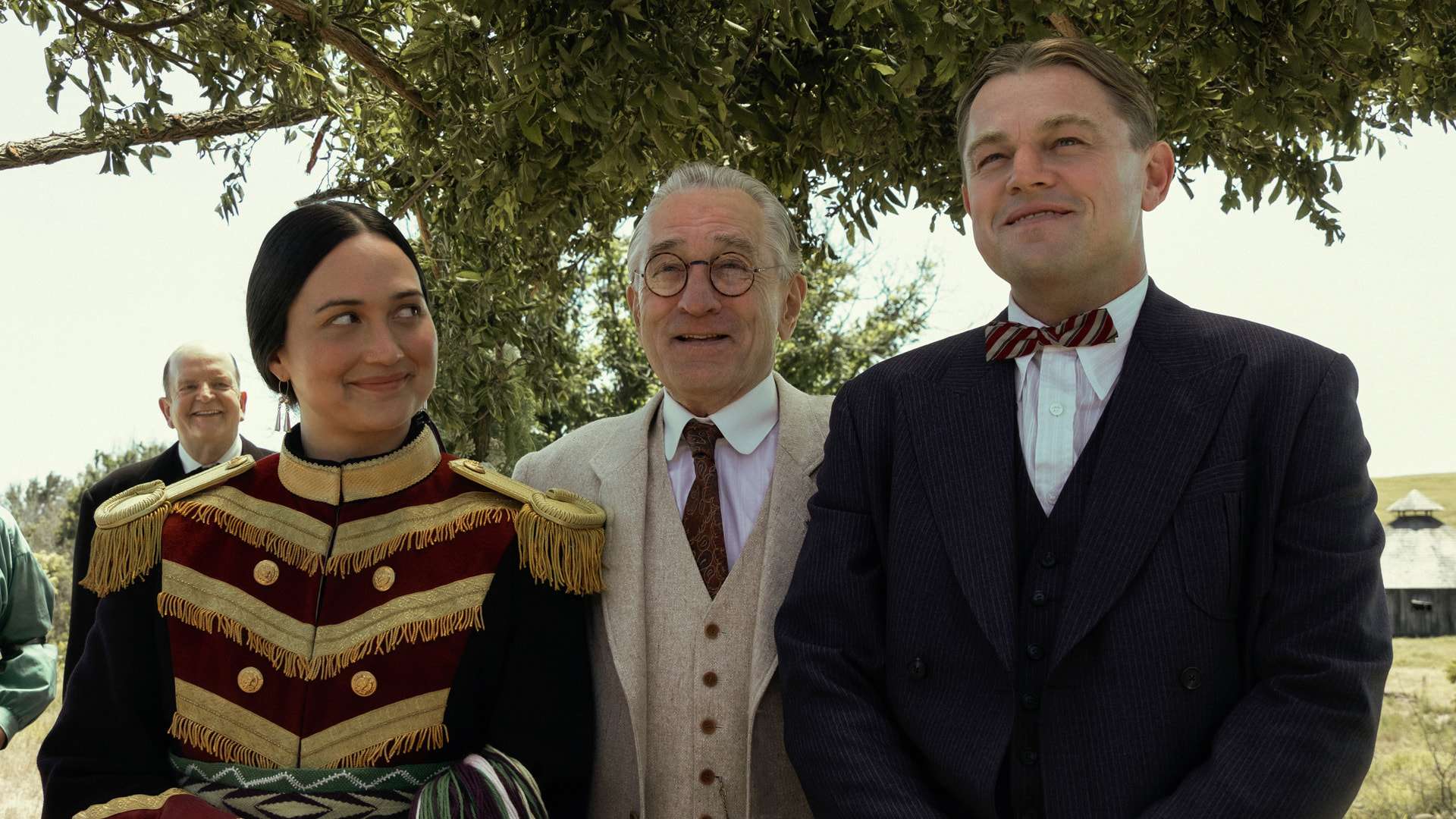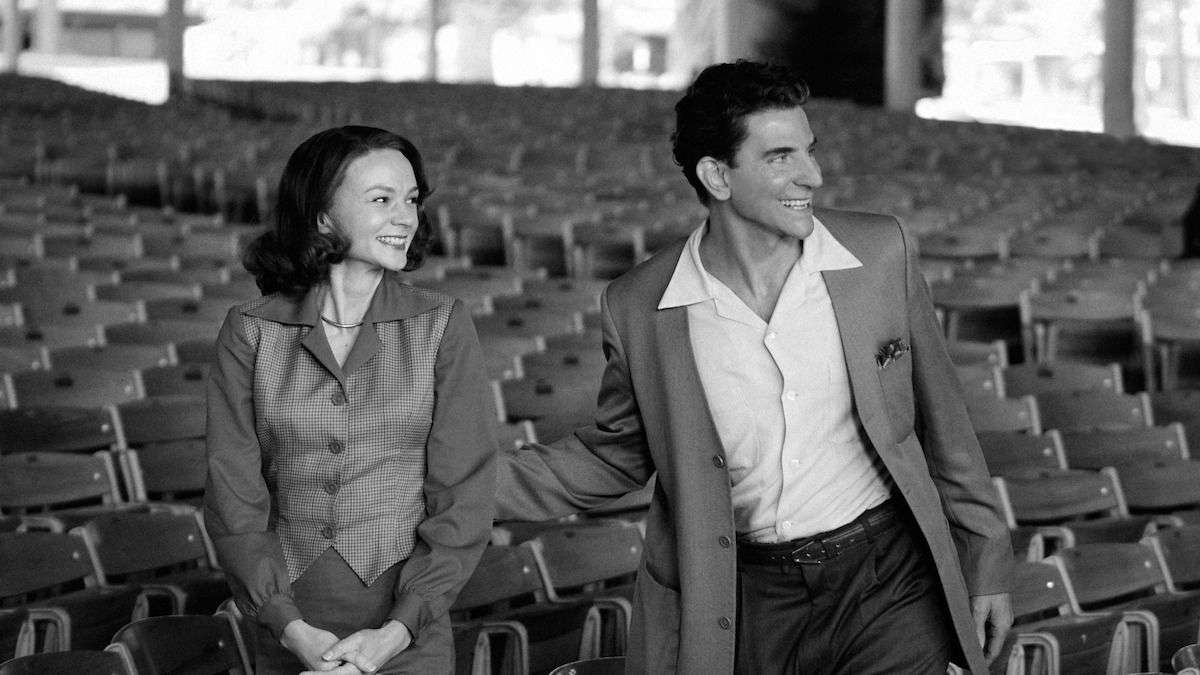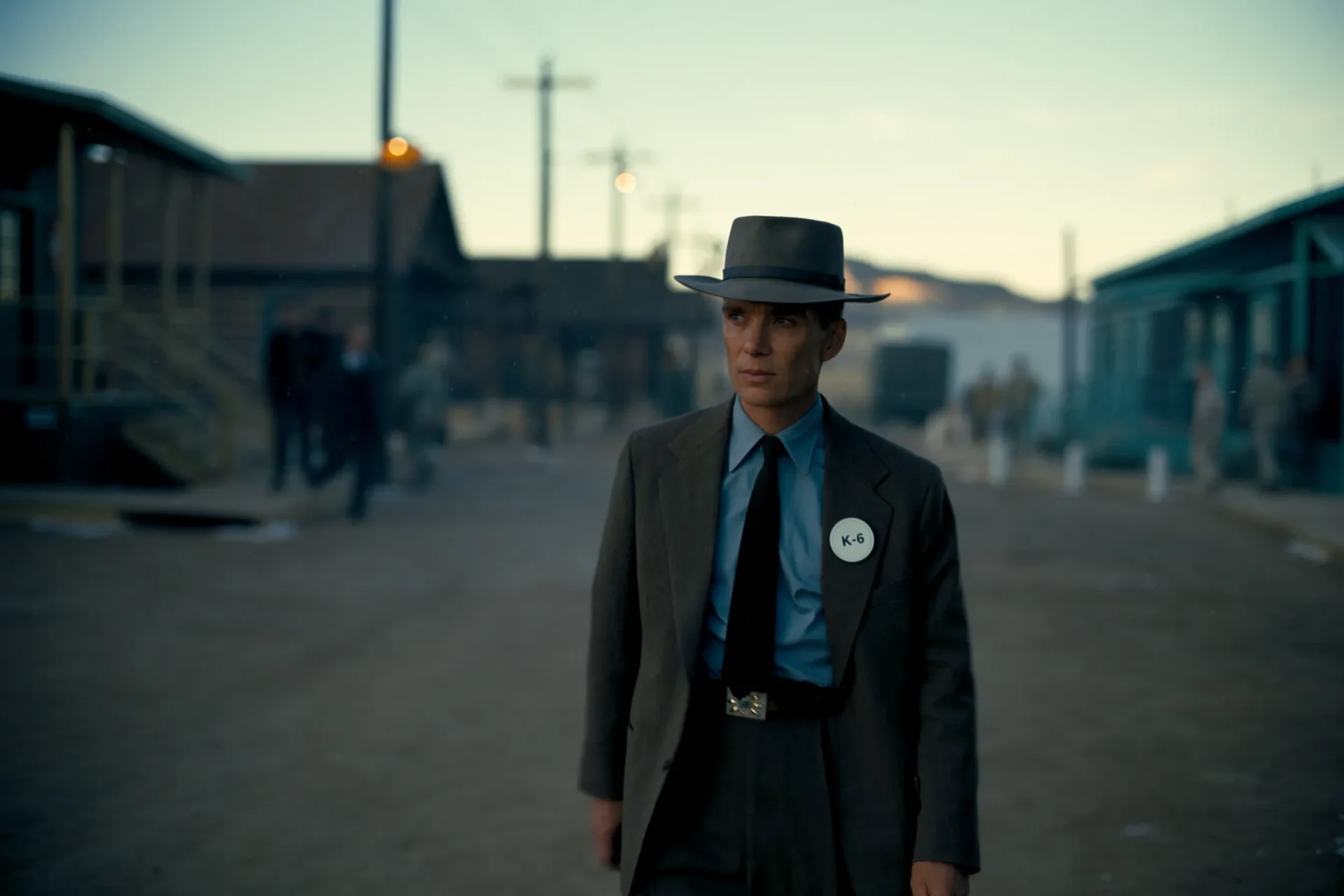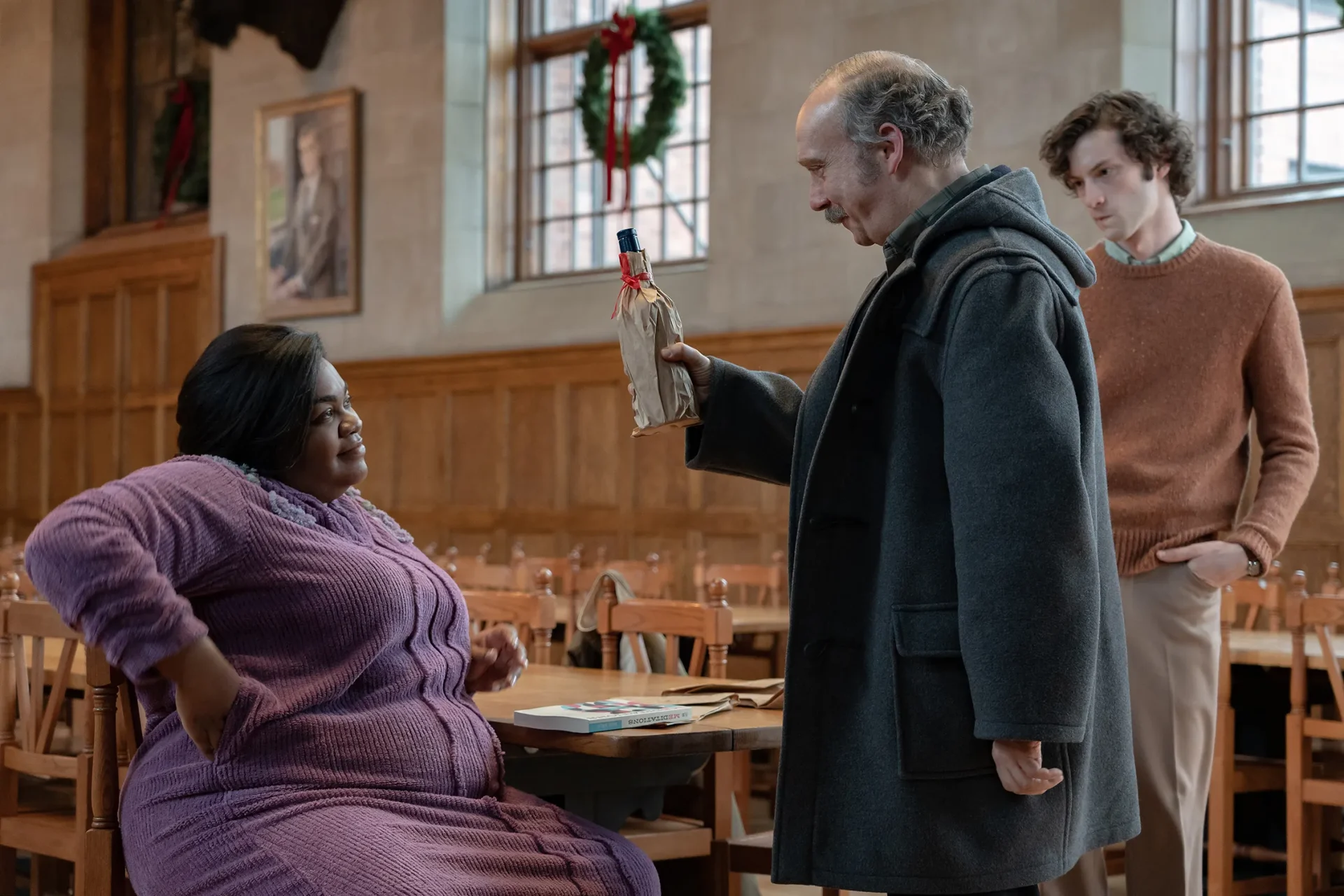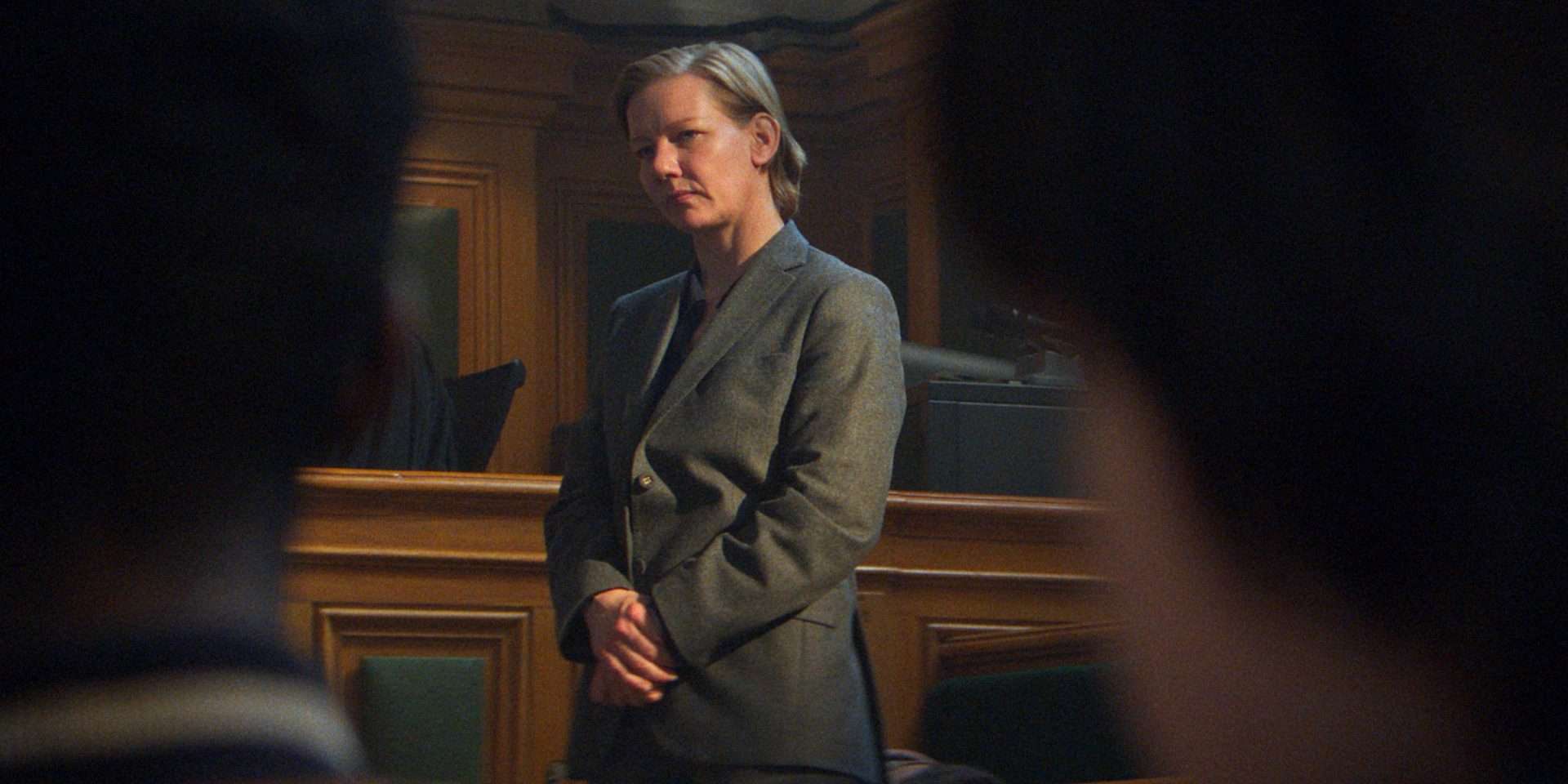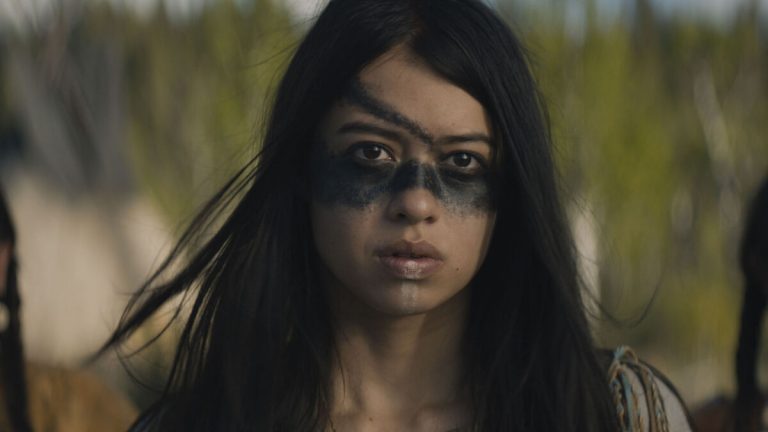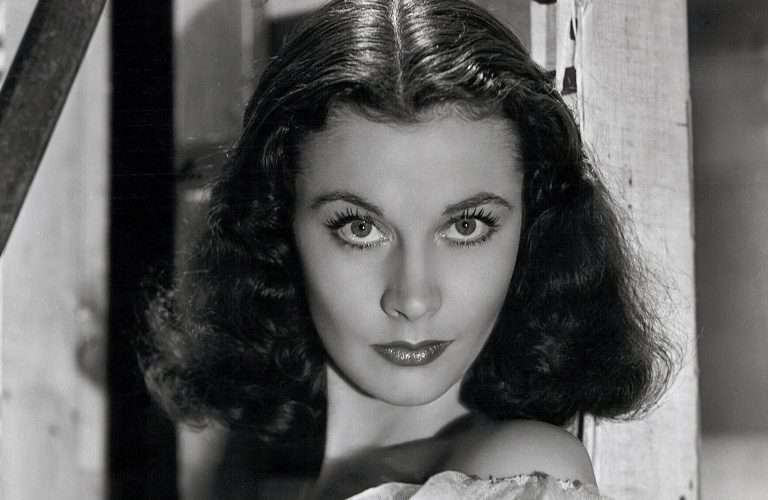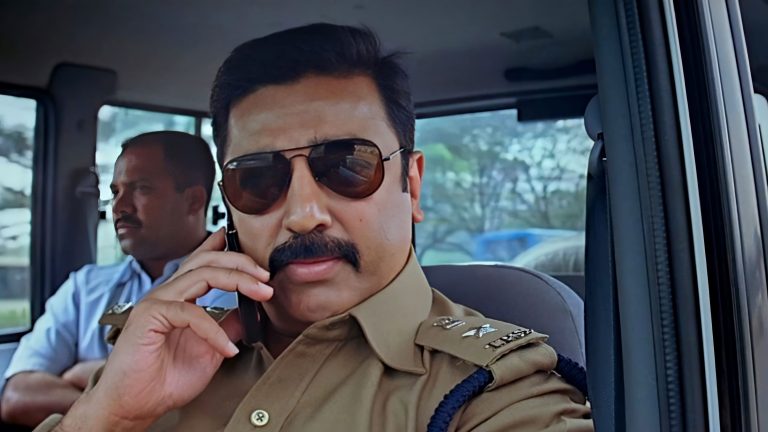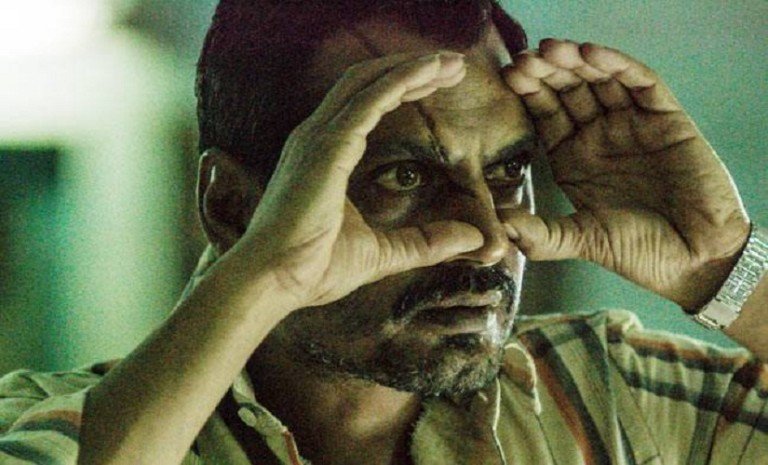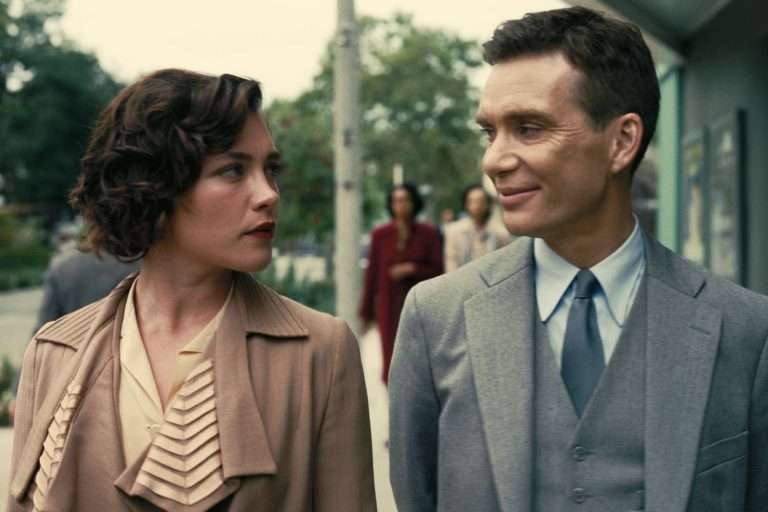2024 Oscar Best Picture Nominees, Ranked: Longevity. The most vital quality winners of the illustrious Best Picture Academy award should possess. Films that go on to win this prize inherently reflect the current climate of film discourse. However, they should not only inspire the filmmakers of today, serving as a benchmark of aspirational quality, but also do the same for future filmmakers in decades and even centuries to come. In joining this select group, Best Picture winners must be both the film of today and of tomorrow.
With this in mind, ranking this year’s crop of ten carefully chosen films is a difficult task, especially given the impressive caliber of every one of these nominations, making this one of the most competitive fields in the past decade. Which among them holds the greatest potential for longevity? Which will we look back at as the most worthy of representing 2023 in film, and which one truly deserves to be considered a piece of filmmaking among the highest-echelon the art form has to offer?
10. American Fiction
As TIFF People’s Choice winner – Cord Jefferson’s “American Fiction” – sailed into the line-up. Less heavy and perhaps less substantial than other nominees, it makes up for it with a distinct comedic voice and abrasively punchy style. Its cynicism holds no restraint yet remains optimistic as Thelonious “Monk” Ellison (Jeffrey Wright) is thrust into the public spotlight. His novel, initially intended as a reaction against supposed liberal elites’ consumption of black stories, suddenly grows hugely popular. Jefferson himself seems to be establishing his thoughts on arguments the film raises regarding representations of race in art, among other thought-provoking ideas.
Monk’s growth is handled subtly as each supporting character works seamlessly to deconstruct his complex belief system. Wright commands the screen delivering a career-best and strong choice for his Best Actor nomination, whilst performances from Sterling K. Brown and Erika Alexander bring a refreshing contrast. Where the film runs into problems is in its, at times, quite drastic shifts in tone. The film bounces between the unfolding drama surrounding his personal relationships and the satire of the growing success of his novel. Most of it fits to achieve Jefferson’s pointed vision, but the pacing is slightly off as a result.
As to whether it would be a deserving winner? The film does feel a little late to the party in some of its jibes towards the publication industry. Whilst it remains riveting throughout, not every point it goes for feels entirely fresh. This is unfortunate given it stands in contrast to the unique authenticity Jefferson instilled into the project, but alas. Something had to occupy the bottom space on this list, and it is a testament to the quality of the lineup that this is the film to do it.
9. Killers of the Flower Moon
There is a lot to rave about within this behemoth of a film, evidenced by the ten nominations it received at the Oscars. Scorsese proves that even into his eighties, he can still deliver exhilarating deconstructions of complex ideas. He weaves together the epic, tricky tale of the Osage people and the American businessmen who sought to profit off their oil, maintaining a commanding grip over developing sublime performances and spectacular visuals to aid in doing so. Yet “Killers of the Flower Moon” finds itself lacking in executing this commendably ambitious project. It feels, at times, at an awkward crossroads. Incomplete in its examinations and messy as it struggles to find its core emotional throughline.
The problem lies in perspective. Following Ernest (Leonardo DiCaprio) means reducing the perspective of the Osage people is integral in constructing the subjectivity necessary to make his transformation believable. His arc demonstrates how greed manifests and slowly takes a grip on someone. William Hale (Robert De Niro) dehumanizes the Osage people, and Ernest’s perspective, as someone who derives his information from this jaded source, should reflect this. He slowly loses an understanding of their humanity, and as an audience, we should feel the same sensation slowly rush over us. Meanwhile, following Molly (Lily Gladstone) means reducing the perspective of the oppressors is integral in giving a strength of voice to this historically marginalised group. As an exploration of how racial divisions manifest, we must see the direct implications they can have on those directly affected by it.
Related to Best Picture Nominees 2024: 10 Great Movies Not Nominated For The Best Picture at the 95th Academy Awards
In juggling these perspectives, Scorsese can’t quite articulate a core argument, and this film will perhaps be looked back at as a respectable effort but one that doesn’t quite tap into anything deeply human. It’s a film that is trying to say too much to arrive at any unique conclusions as to how we should view the world now and the future of society, and therefore doesn’t possess the qualities of a deserving Best Picture winner.
8. Poor Things
Like all of Yorgos Lanthimos’ works, “Poor Things” is not a film that will work for everyone. Having said that, the heart and energy Lanthimos is able to inject into the narrative and the delightfully off-kilter nature of Emma Stone’s Bella Baxter make this a much breezier watch than his previous efforts. Achieving an impressive haul of eleven nominations, where the film excels in the construction of a living, breathing world, for which its various technical accolades (production design, cinematography, costume design, etc.) should be in winning contention.
Incredibly unconventional in its premise, the dry comedic edge Lanthimos brings is simply not one that struck a nerve with me, but with humor being so subjective, it has and will continue to connect with many. Tony McNamara packs the screenplay with nuance despite its over-explicit nature. The film offers a lot to chew on long after the credits roll and is the type of work that can and should be examined for years to come. However, Best Picture winners should have a kind of universal appeal that this film is lacking, therefore, whilst respectable, it shouldn’t be first in line for the top prize.
7. Maestro
If this were a list taking just personal opinion into account, “Maestro” would be a little higher. But it has found itself as the “Film Twitter enemy” this awards season and would certainly be a controversial winner. Its seven nominations are solid choices in their respective categories, barring a questionable screenplay nod. But with a contentious face at the very center – so much so, I’m surprised the film wasn’t renamed “Bradley Cooper’s Maestro” – it is somewhat understandable why it has been assigned this unenviable position.
Carey Mulligan and Bradley Cooper shine in this delicate, fantastical portrait of Leonard Bernstein. Surrealist and expressive elements perfectly juxtapose smaller, more intimate ones to ensure that we see all sides of this man. You can laugh all you like at Cooper, dedicating six years to practicing a skill only seen on screen for six minutes, but the chamber sequence remains one of the best the year has to offer as a result.
It also goes without saying that the film is a visual triumph. Careful shot composition and black-and-white cinematography that adds a grand flare to the events ensure that it is one of the more remarkable efforts in the lineup. However, bloated at times and fairly traditional in presentation, it simply lacks the ambition of other projects, content as Hollywood biopic, where perhaps the life of Bernstein would have been better served in something a little more unconventional.
6. Past Lives

One of the key rules in writing films is don’t use self-insert characters. But with her heavily auto-biographical film “Past Lives,” Celine Song proves this wrong. It is deeply authentic as a representation of the immigrant experience and profoundly personal yet universal in its exploration of longing and love. All three leads, Greta Lee, Teo Yoo, and John Magaro, form a subversive love triangle. It’s fascinating in that the complications of the triangle aren’t the conflict. The conflict instead stems from the repercussions of its resolution. All three provide performances of sublime subtlety, sadly unrecognized by the Academy.
The delicately crafted screenplay is confident in its messages. It is able to breathe and meander to conclusions, therefore, without ever feeling directionless. Despite being Song’s first feature, its direction is equally assured, with metaphors deeply embedded into the film’s visual aesthetic to bolster the thematic depth afforded by the screenplay. “Past Lives” is a tremendous film, a would-be-deserving winner that will connect with almost anyone. Yet, in its subtlety and simplicity, it doesn’t quite possess the ambiguous wow factor behind the very best the year has to offer.
Related to Best Picture Nominees 2024: 10 Double Bills for The 2023 Award Season
5. Barbie
I have written and talked fairly extensively about how important “Barbie” is to me as a piece of filmmaking. But by adopting a more objective viewpoint, “Barbie” would still be mightly deserving of accolades. This a reminder that big-budget studio films can still possess a level of individuality and creativity in an industry that increasingly seeks to diminish these qualities in favor of safety. “Barbie” becoming the highest-grossing film of 2023, earning over $1.4 billion at the global box office, means that excuses of “appealing to the masses” are rendered hollow.
It certainly captured a moment with its impressive deconstructions of gender roles in modern society. Anyone stating that “Barbie” is too explicit or doesn’t have anything to say is deliberately misreading the film or refusing to accept the surprising thematic depth given their preconceived notions as to what a “Barbie” movie would entail. “Barbie” is a cultural phenomenon above any other film this year, but this didn’t just happen by accident. It is because of the care Greta Gerwig tackled the project with, ensuring costumes, performances, and lines are etched into our brains. Fun is perhaps the word I associate the film with more than any other.
Whilst it would be a fantastic winner, it would inevitably be a film looked back on with disdain if it were to take the grand prize, and perhaps this is not unwarranted given the obvious flaws that do exist within. But it is more serious than people give it credit for, elevating itself far beyond the premise. “Barbie” is a film that uses fun as a springboard for so much more and would be one of the most intriguing winners in history if it were to be adorned with the covetous Best Picture mantle.
4. Oppenheimer
The current favorite to take home the award, “Oppenheimer,” would be a phenomenal choice. It majorly smashed my expectations in terms of its cultural impact, but it is fantastic to see. The film is stunningly poetic, rhythmically dancing before us as it tells the story of a lifetime in three hours. It’s a lot to take in and can honestly be hard to follow at times. But it demands a rewatch. In typical Nolan fashion, it all fits together like a twisted puzzle. Although this film is far more impressive because we know the ending, Nolan must approach it from a different angle, translating his story in a way only film can capture.
He achieves this monumental task. Utterly absorbing with its initially ethereal non-linear structure slowly becomes more concrete in the audience’s mind, and you start to recognize what Nolan is going for in terms of juxtaposing Oppenheimer (Cillian Murphy) with Lewis Strauss (Robert Downey Jr.), both likely winners in Best Supporting and Lead actor. Murphy, in particular, astounds, perfectly suited for the film around him.
This would be a strong choice for Best Picture. Nolan would be worthy of recognition after a distinguished career. The film undoubtedly is reflective of a moment in culture and holds messages not only for now, with the threat of nuclear warfare greater than it has been since the end of the Cold War, but for the future, serving as a stark warning against technological progress for the detriment of others.
3. The Holdovers
Nothing is more satisfying than a great Christmas film. The type that you can make a tradition of throwing on every year. Alexander Payne’s “The Holdovers“ is that and some. It is a great shame Dominic Sessa’s portrayal of the sarcastic but endearing Angus Tully wasn’t recognized at the Oscars because it is really the relationship between the core trio that drives the comedy and heart of the film. Da’Vine Joy Randolph and Paul Giamatti, meanwhile, offer some of the most emotionally resonant and thoroughly developed performances of the year.
Payne draws on his usual comedic chops, but in “The Holdovers,” it is used as a vehicle for conveying a bittersweet narrative. Tragic at times, joyous in others. It possesses a magical quality with its 70s aesthetic, not only allowing the world to feel instantly familiar but also reinforcing the key theme of needing to break free of the shackles of the past. “The Holdovers” is easily the most charming and rewatchable of the lineup and would be a better version of a “Green Book”/”CODA”-type winner. A delightful nod to an expertly made film. You can read my more in-depth thoughts on the website!
2. The Zone of Interest
“The Zone of Interest” is unlike any other in this line-up. A harrowing experience. The film creeps under your skin. Its big-brother style of shooting, cutting seemingly randomly between the family with almost hidden cameras, positions the spectator as a fly on the wall. Although the fly, in this case, is trapped in a spider’s web, unable to stop watching, trapped in a perpetual state of dread. Sound is the real star, expressive when the visuals remain restrained and horrifying as it slowly builds. The film is about conscious thought and how it can be manipulated. Are we able to separate the audio aspects of film from the visual aspects, and is it possible for a filmmaker to manipulate this? In the same way, it posits whether we are able to ignore the underlying tragedy that runs through the film.
This film transfixes audiences by becoming an individualized experience. The contrast between visuals and sound means we are encouraged to actively engage with the film and create our own “Zone of Interest,” consciously deciding which elements we find more important and developing our subjective impressions of what the film is trying to say because of these decisions. “The Zone of Interest” tests the audience in a way only one other film was really capable of this year. A remarkable achievement and perhaps the most intelligently put-together film of the year. Its poignance knows no bounds and would be an exemplary winner of the Best Picture award. The only thing keeping it back from taking the top spot is one film was just that little bit more gripping. Both would be justified in decades of reexaminations, but I feel my top choice has the edge over being more fruitful for discussion.
1. Anatomy of a Fall
Where to begin? It will be no surprise if you read my review for “Anatomy of a Fall” to find it occupying the top spot of this list. Sandra Huller’s tour-de-force performance provides such impeccably strong foundations, whilst married couple Triet and Arthur Harari explore domesticity, unlike any film I’ve seen before. The court-hearing framework allows for the constant recontextualization of moments and forces Samuel and Sandra’s relationship to be analyzed fully. As a spectator, we are detached from the questions of guilt that typically permeate courtroom films, and it transforms into a deconstruction of the very genre itself and what compels us to desire an answer in stories like these.
Milo Machado-Graner portrays Daniel, the partially blind son of Sandra and Samuel, caught in the middle of the proceedings yet physically incapable of discerning truth from falsehood. He is the key to understanding the narrative, as he represents almost an audience surrogate, having to directly reassess his parents in a very public arena. His story is heartbreaking, with the ending forcing the audience to consider the psychologically damaged life he will lead beyond the film’s credits.
“Anatomy of a Fall” is the gold-standard magnum opus of courtroom dramas, using this setting prone to cliche to its utmost advantage. Triet directly challenges the audience from the very first moment, and it has a self-awareness that makes every second captivating. Shockingly impactful, there truly is no film this year that uses the medium of film quite like this one. “Anatomy of a Fall” deserves to be etched into history books and pointed at as the pinnacle of its genre and the greatest film of 2023. The film most deserving of the Best Picture Award.


